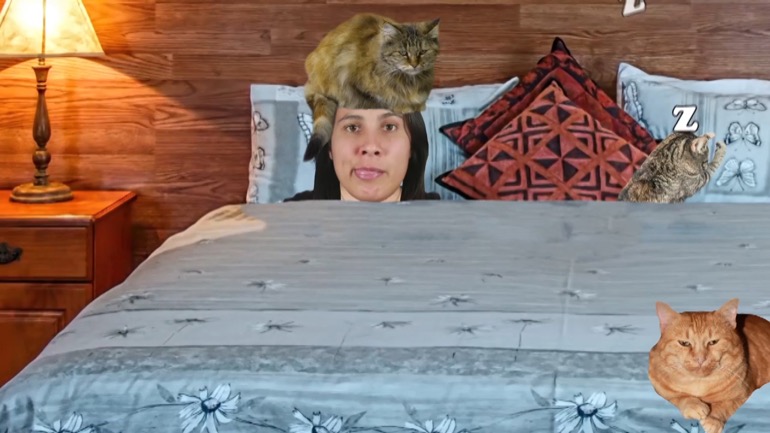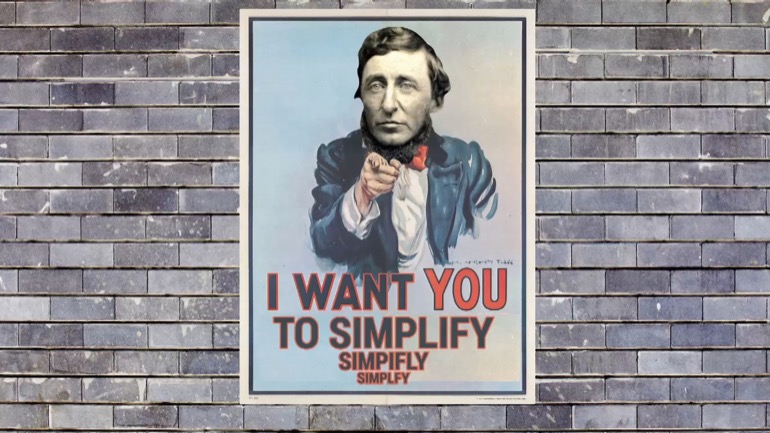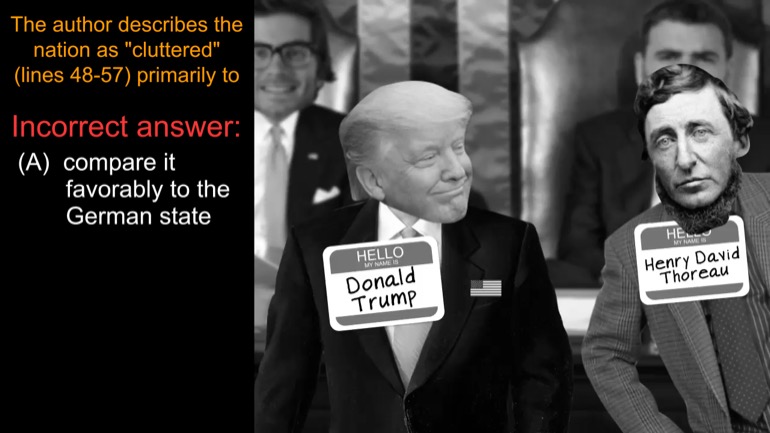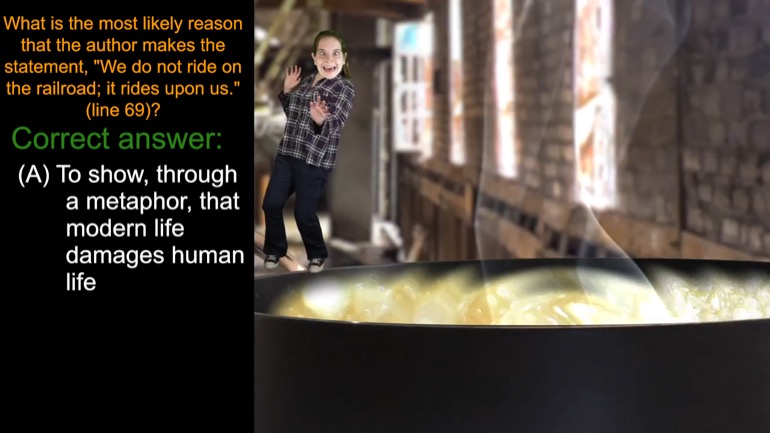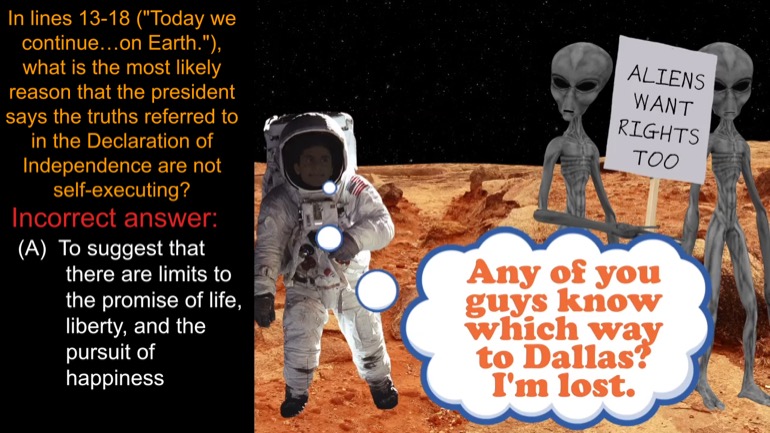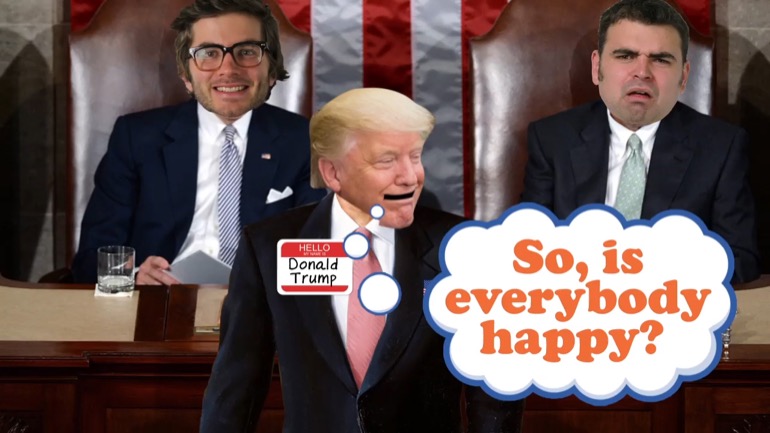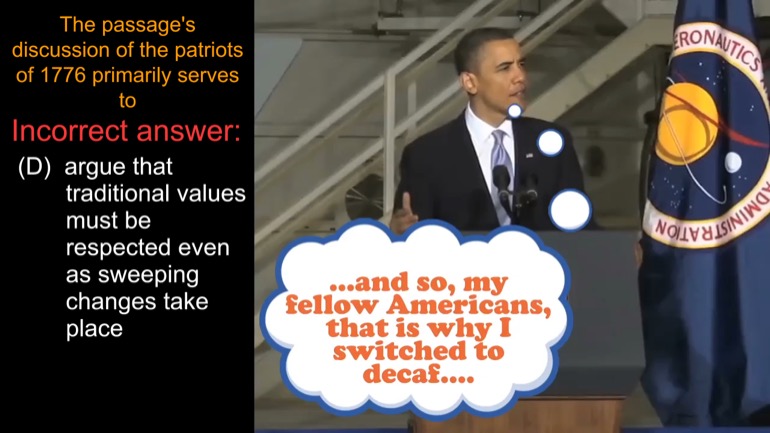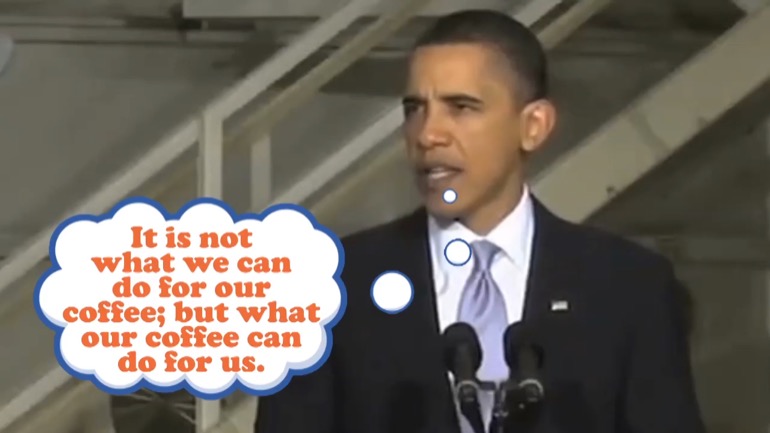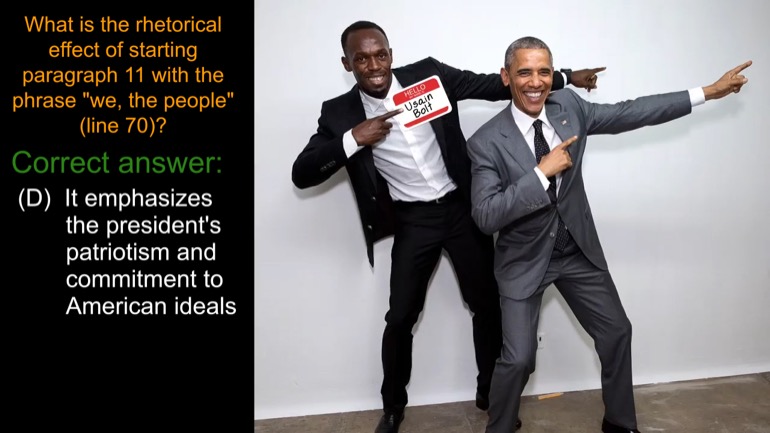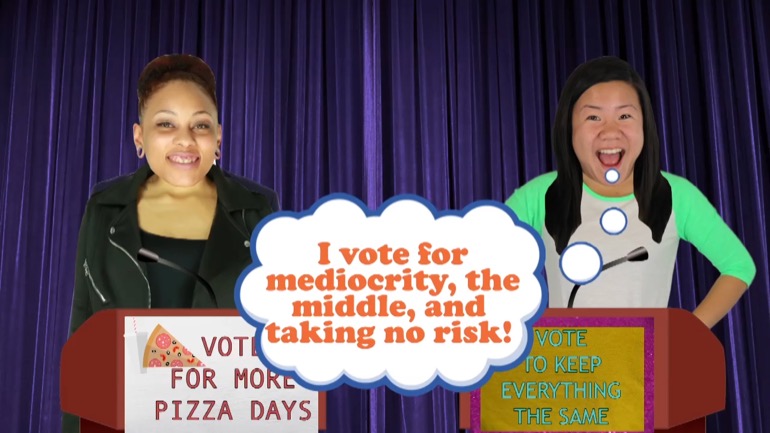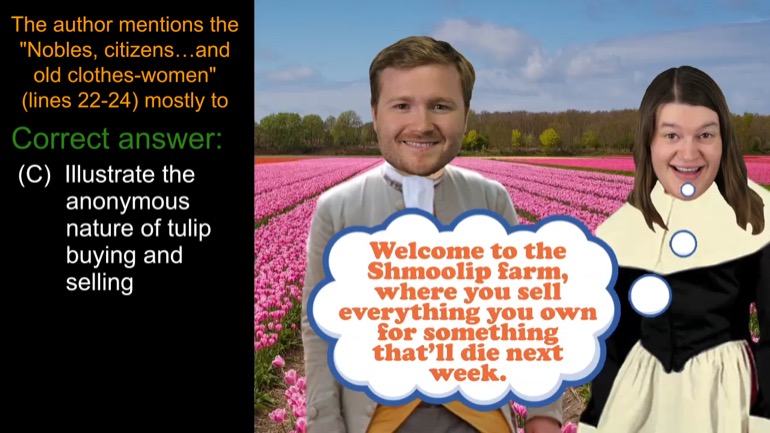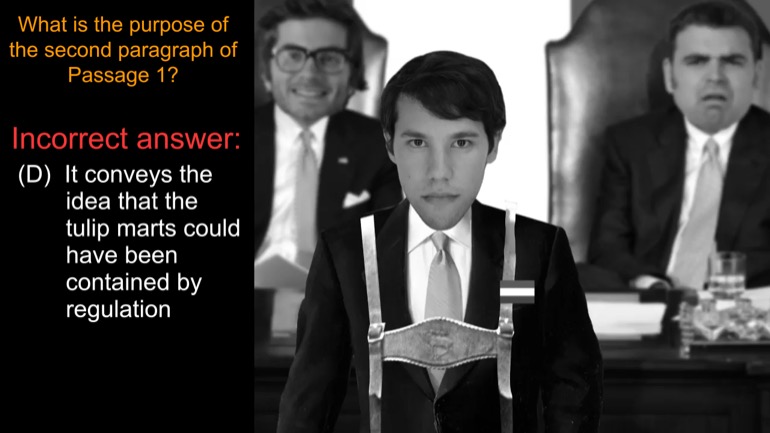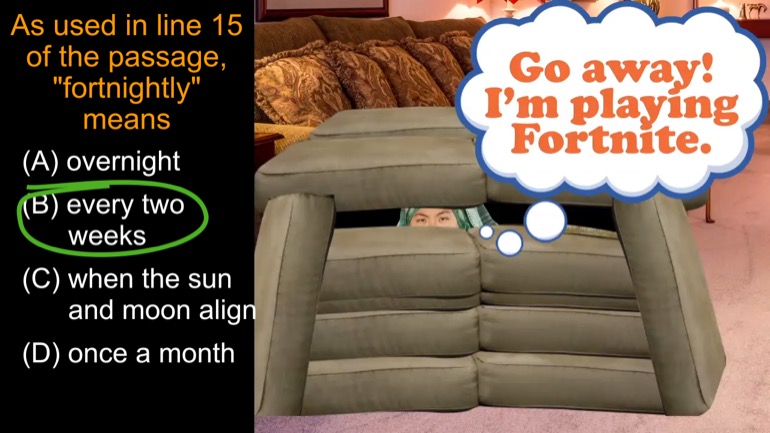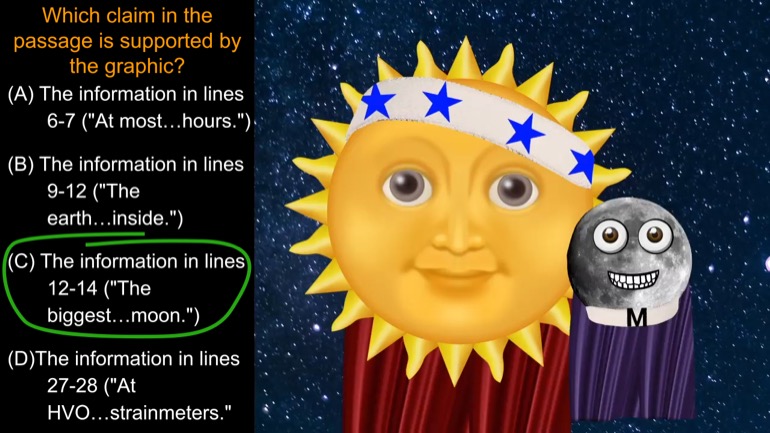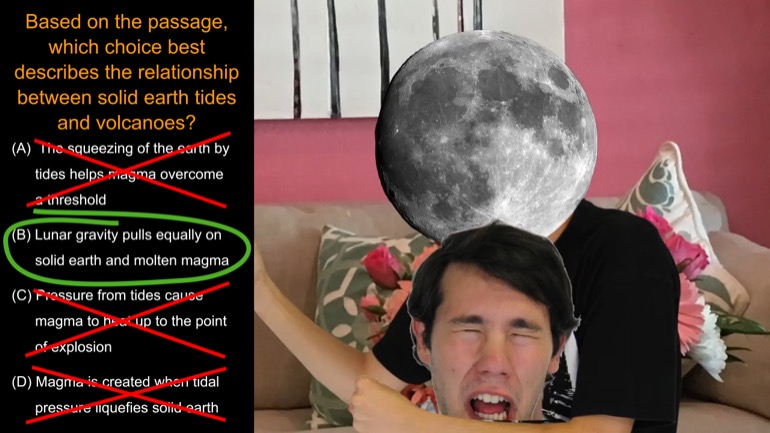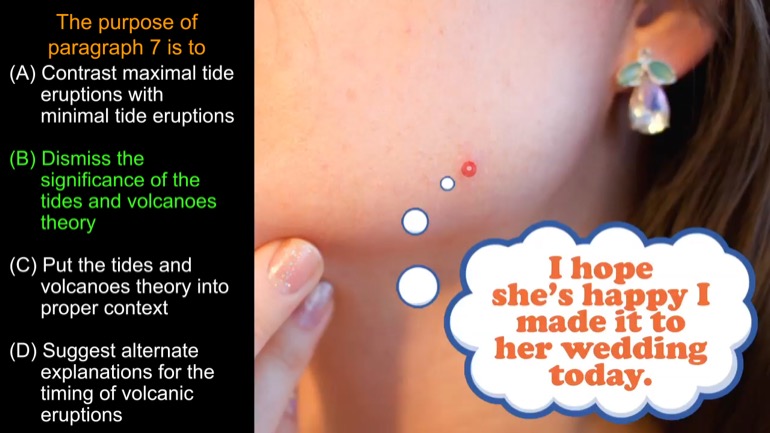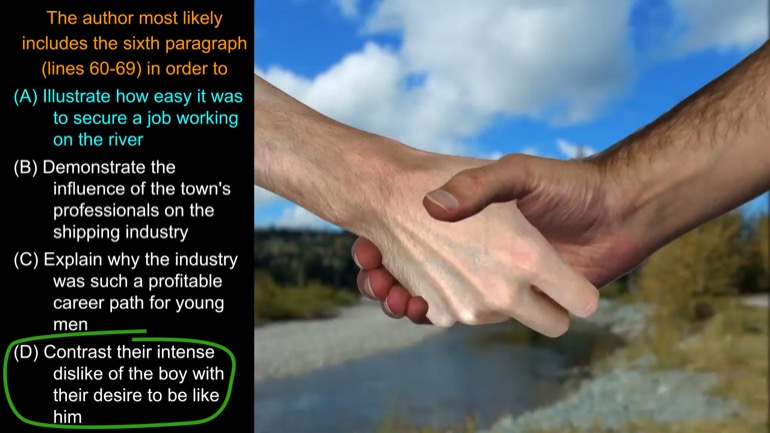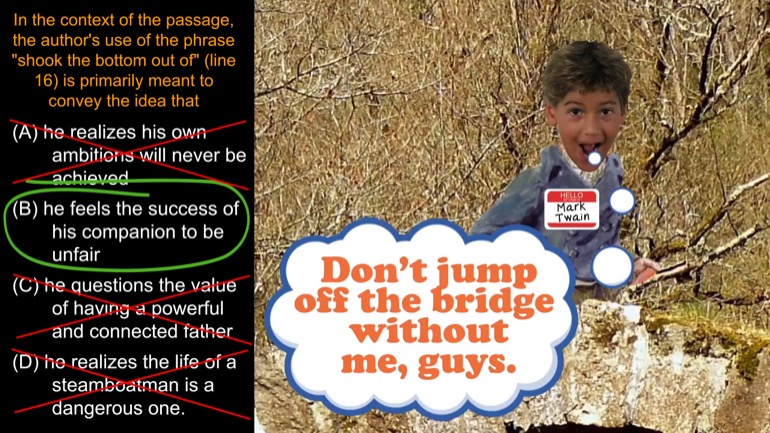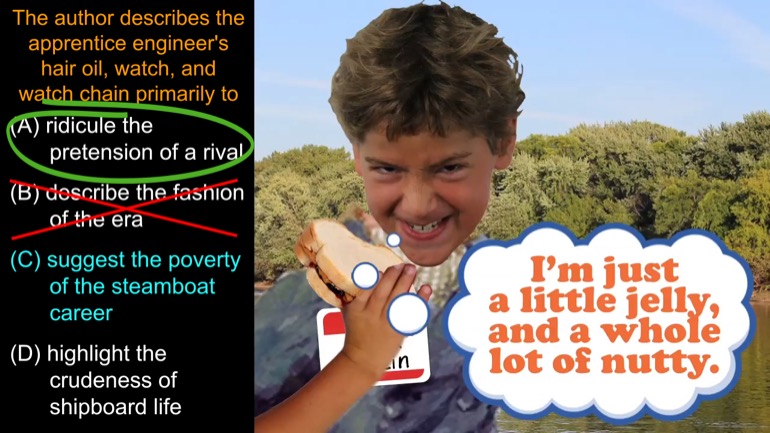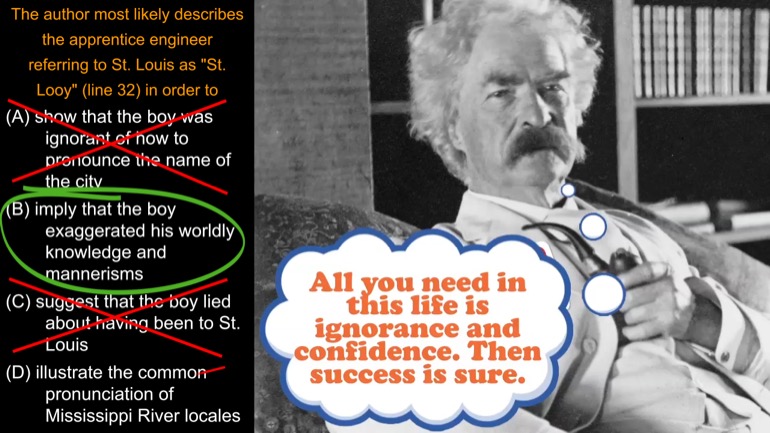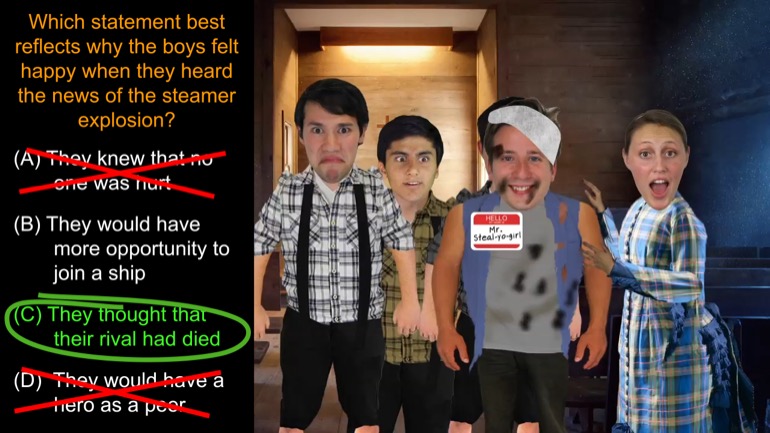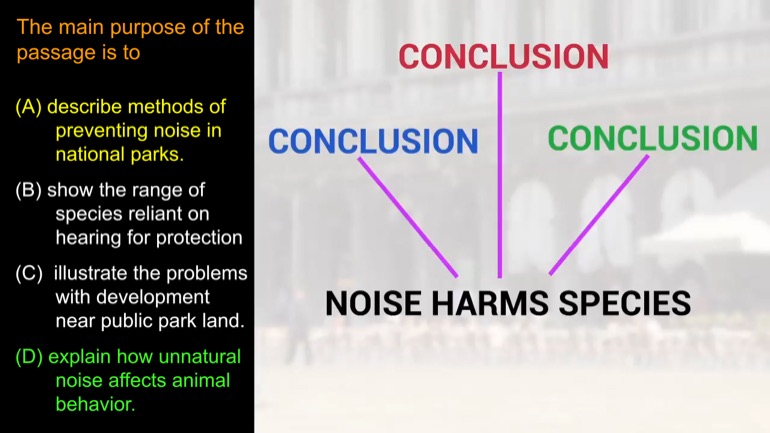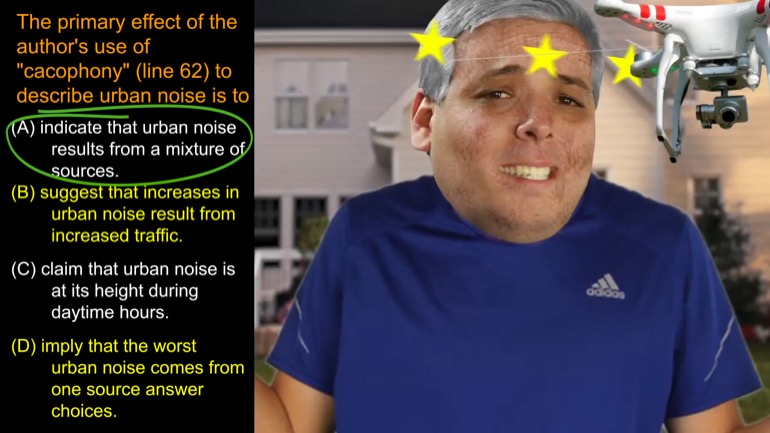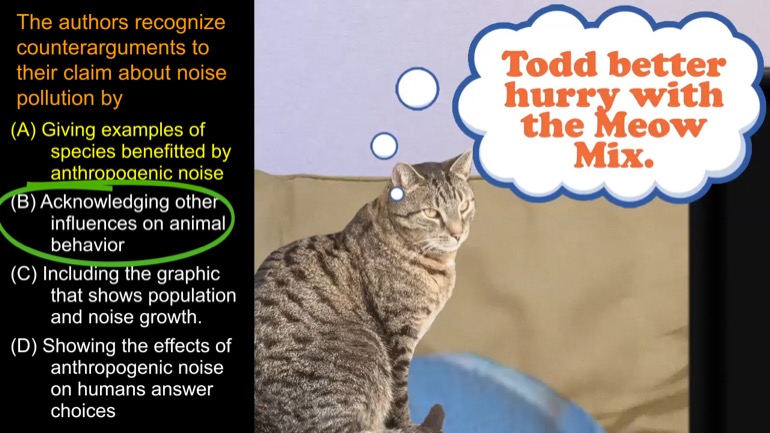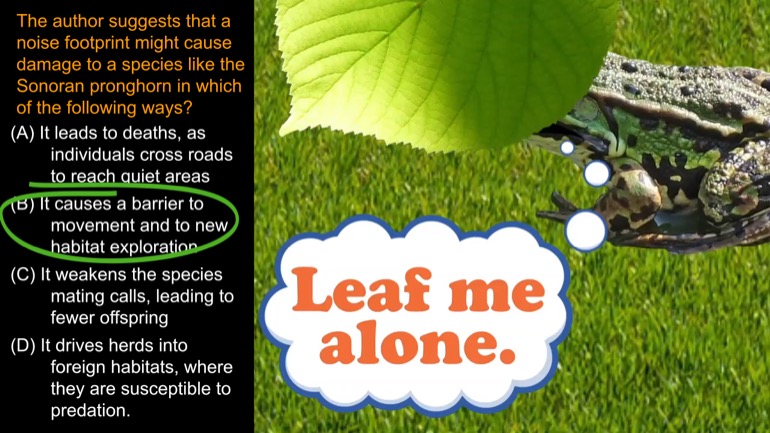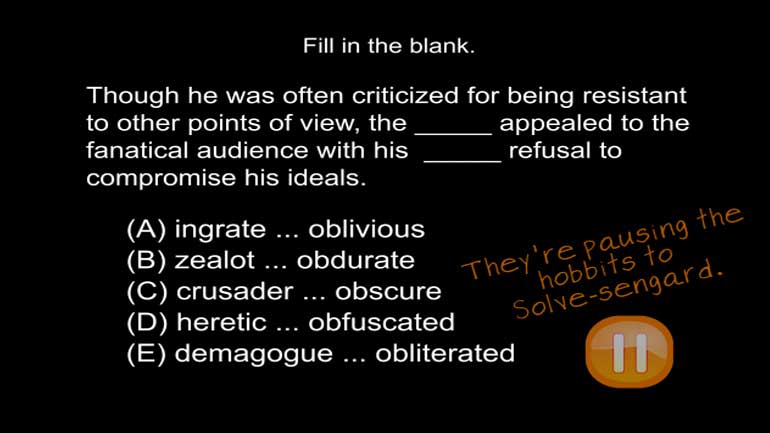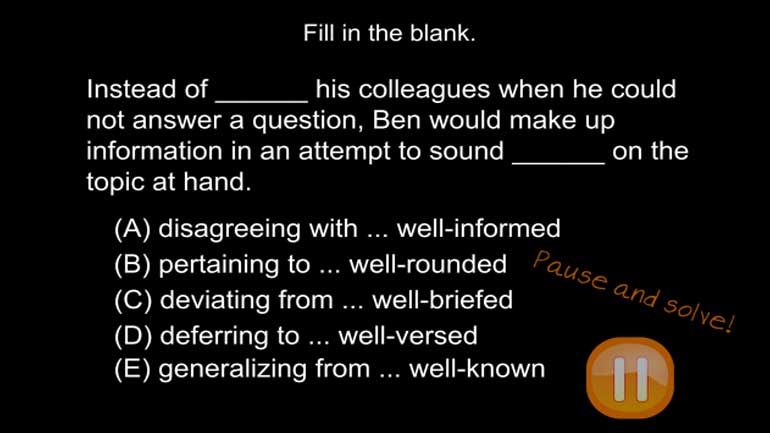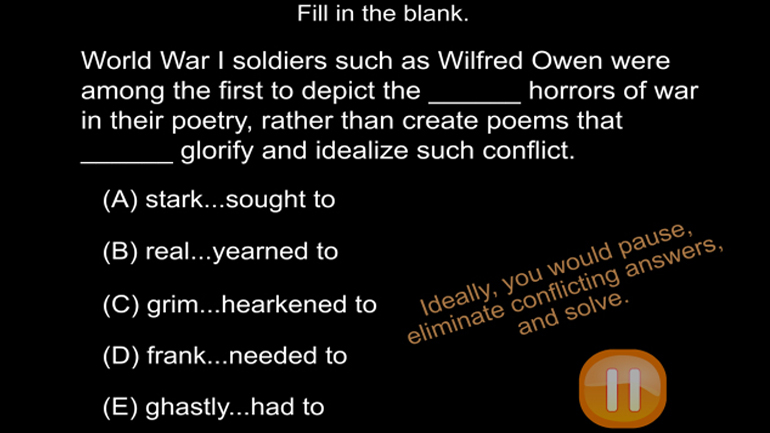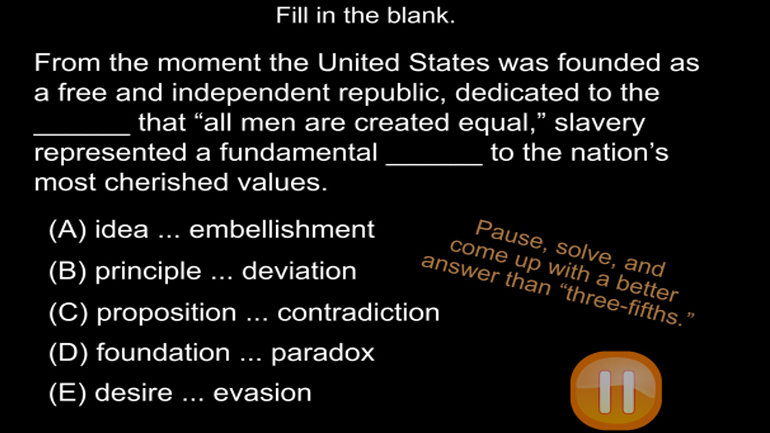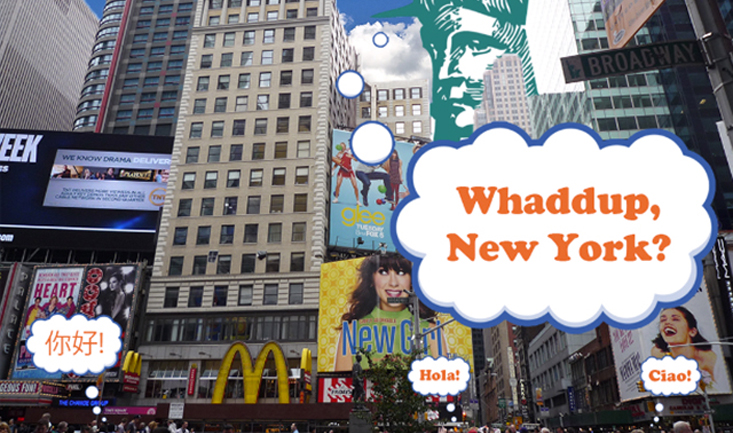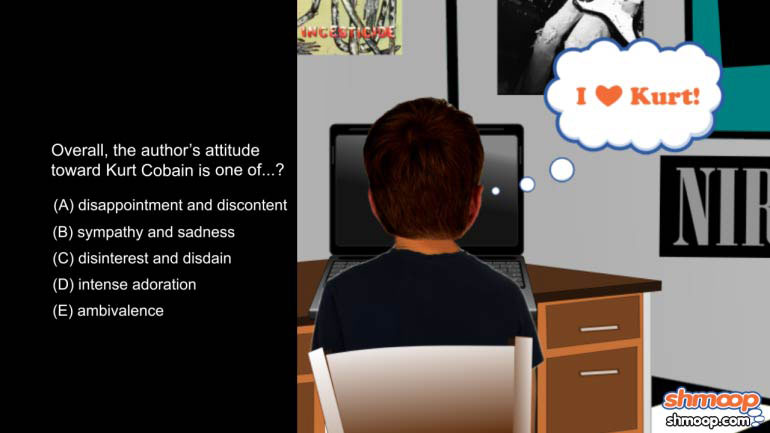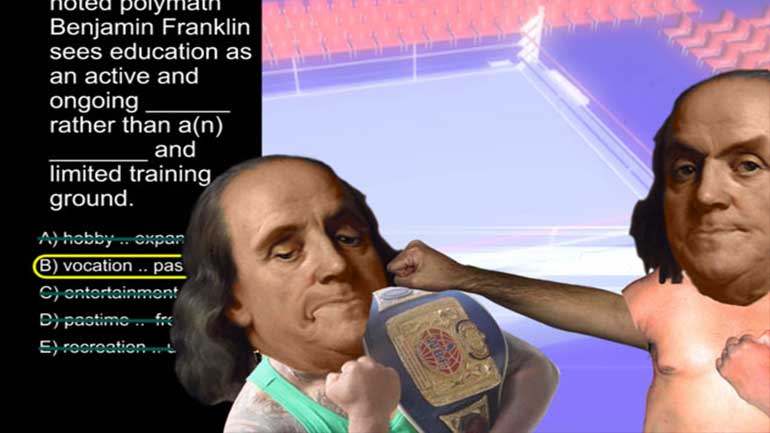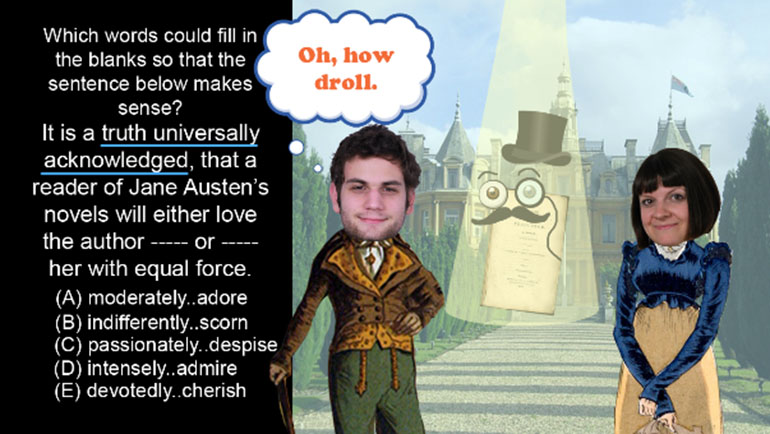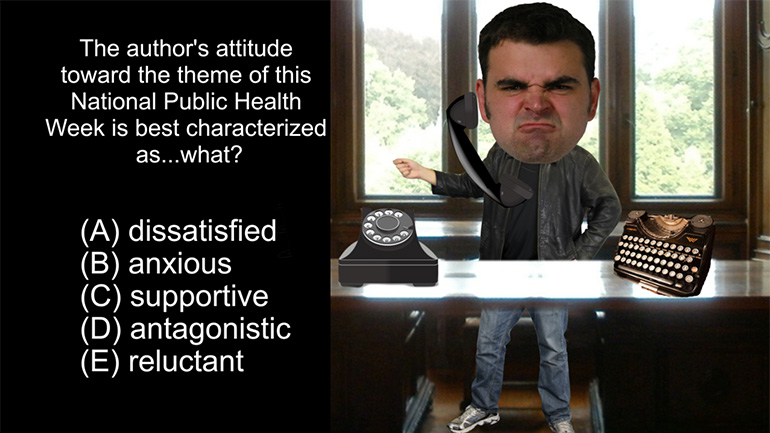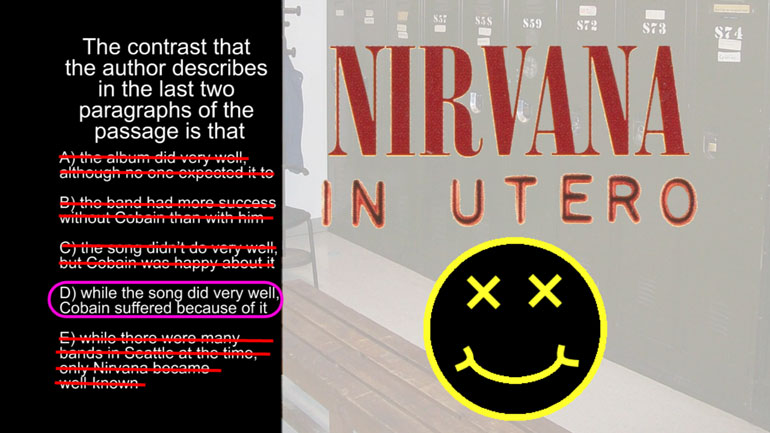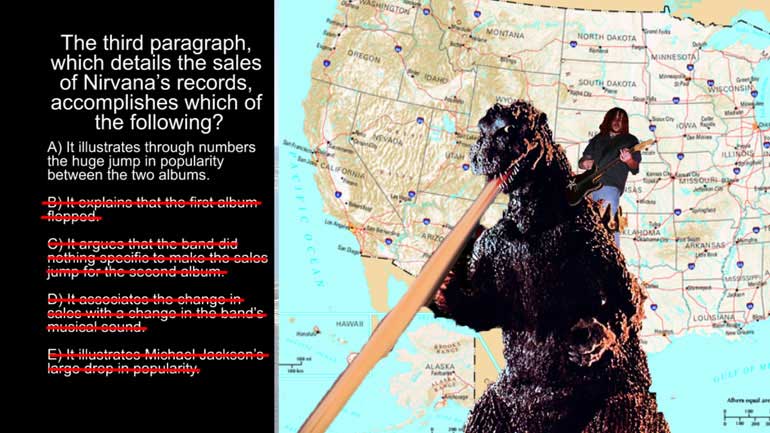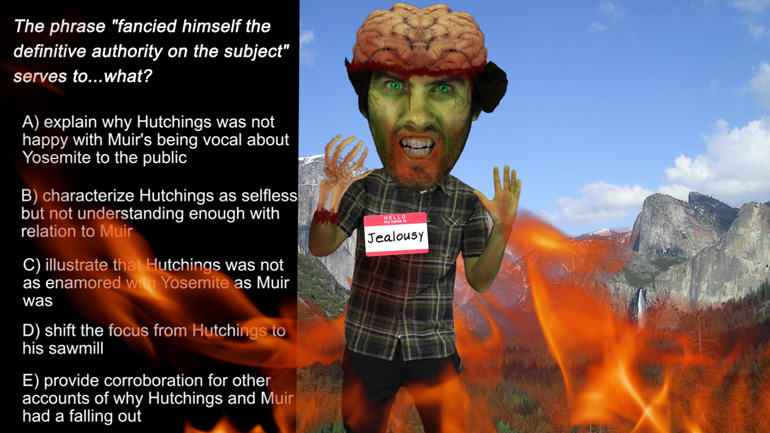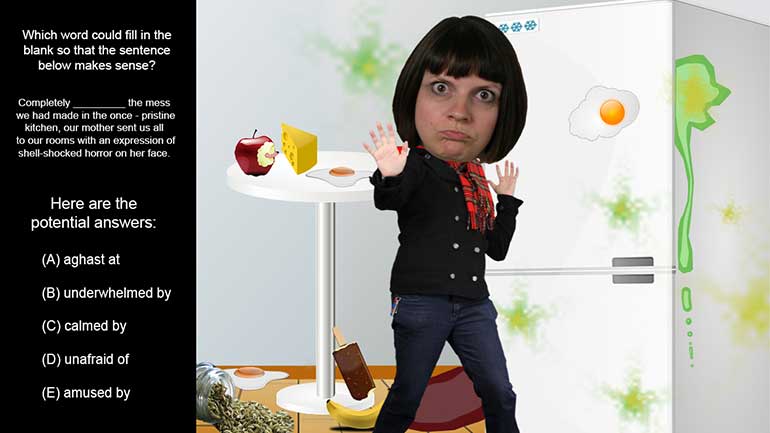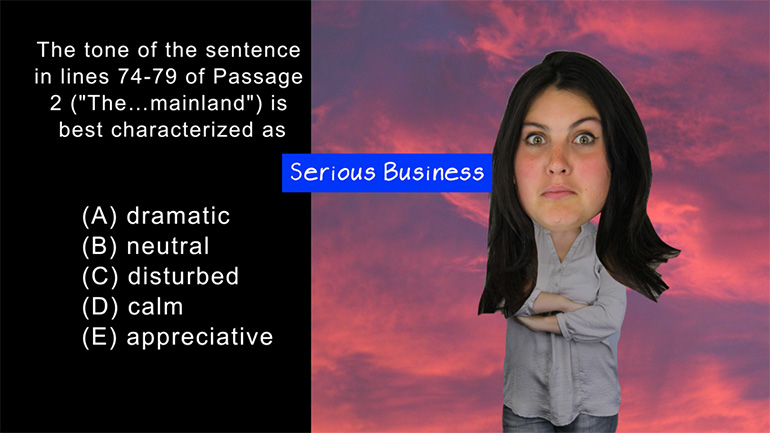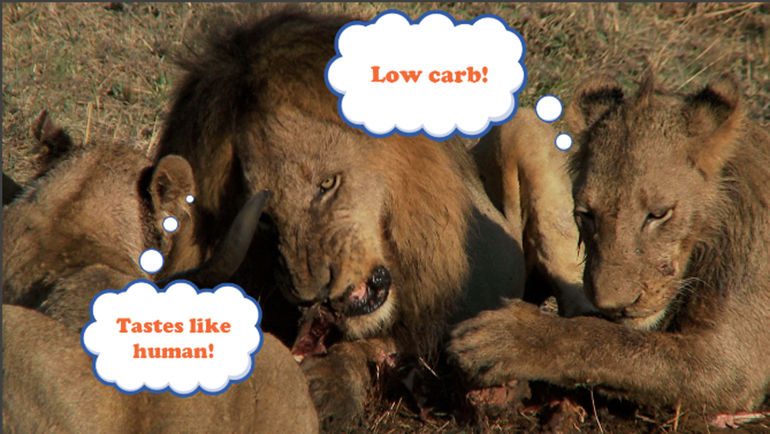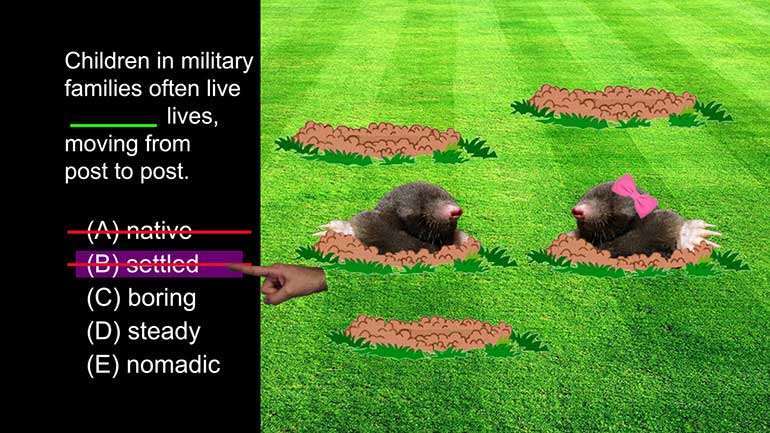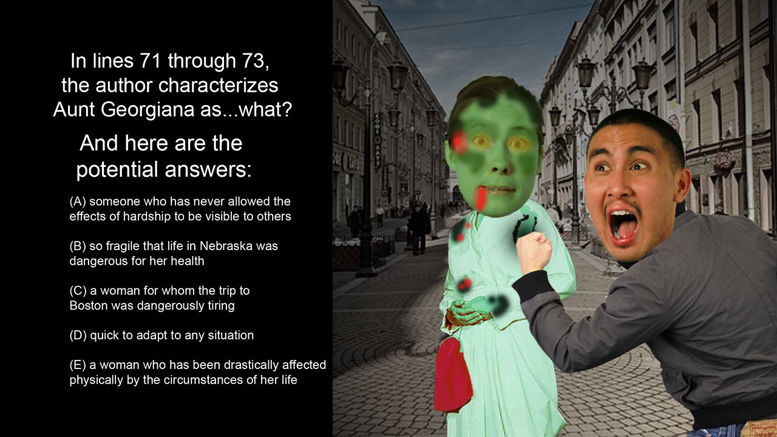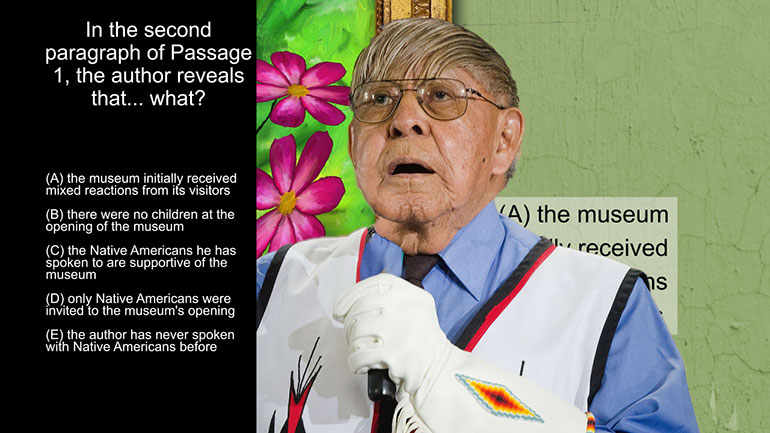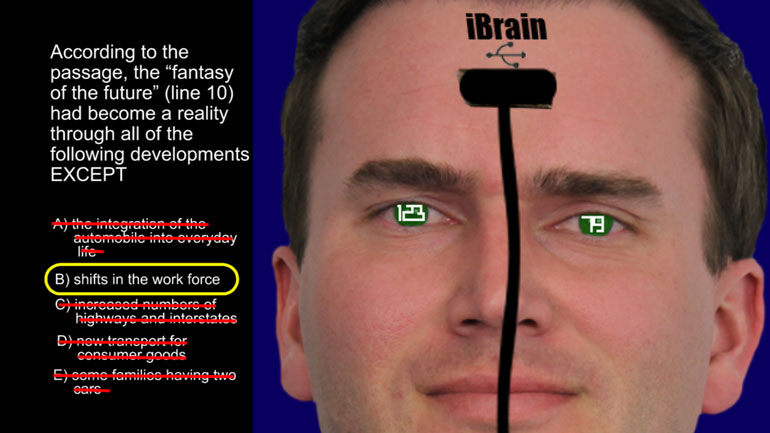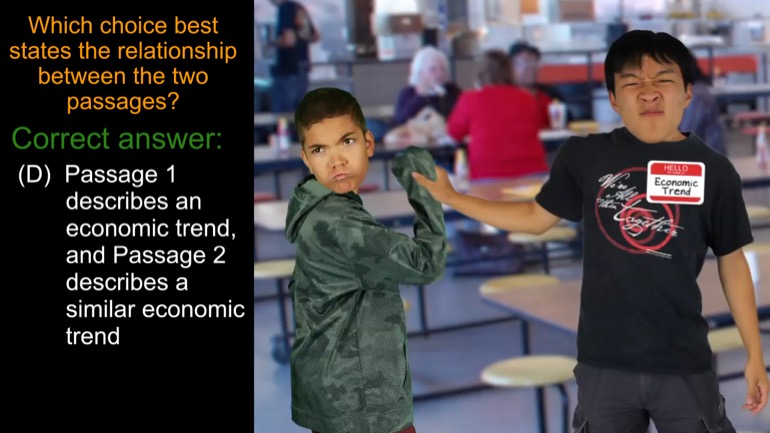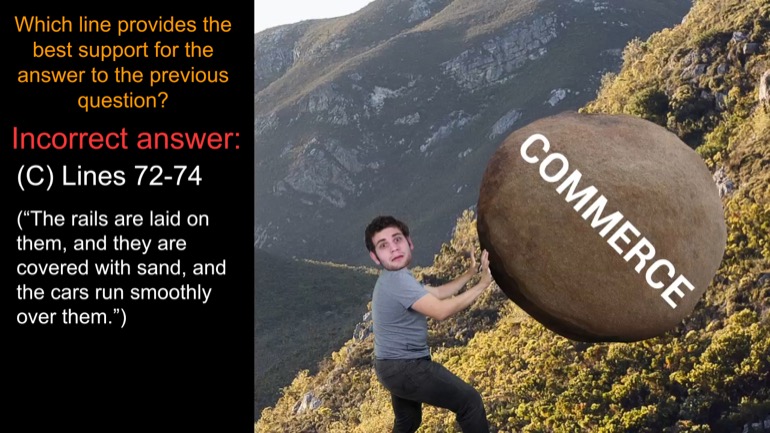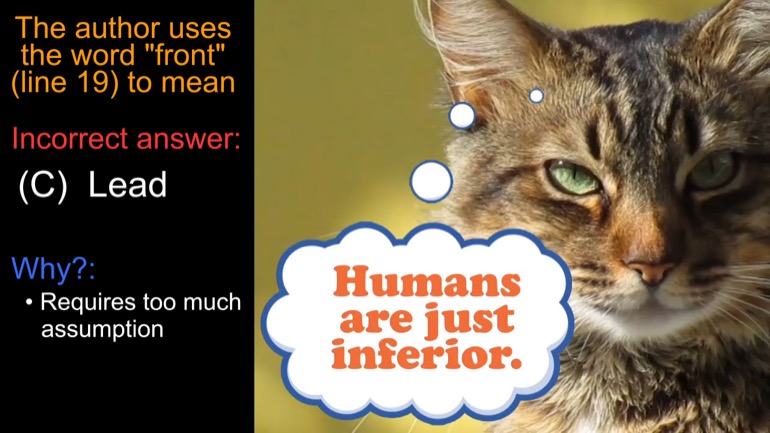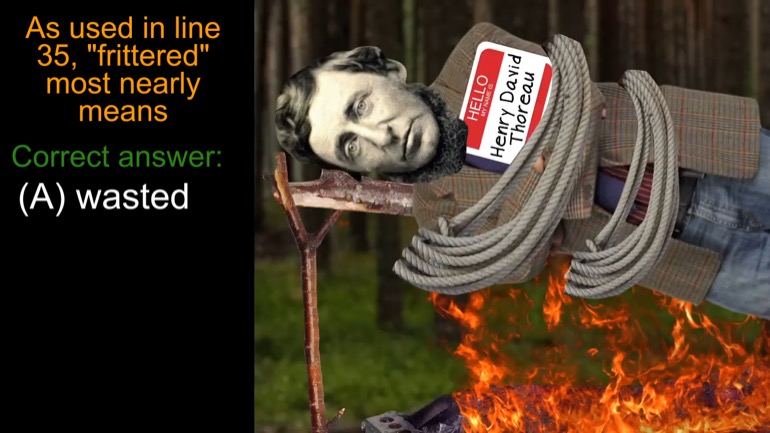ShmoopTube
Where Monty Python meets your 10th grade teacher.
Search Thousands of Shmoop Videos
Rhetoric Videos 90 videos
Thoreau was all about simplicity; anything that took away from his vision was the enemy. Mechanical aids were one of them. Guess he had to train a...
How does Thoreau feel about commerce? He writes, "We don't ride upon the railroad; it rides upon us." He wants and end to the war fighting for the...
Thoreau wants our lives to be simplified. He claims that we gain less from life when we over-complicate things.
A Primary Difference Between Two Passages 169 Views
Share It!
Description:
SAT Reading: Passage Comparison Drill 6, Problem 1
- Foreign Language / Arabic Subtitled
- Foreign Language / Chinese Subtitled
- Foreign Language / Korean Subtitled
- Foreign Language / Spanish Subtitled
- Synthesis / Analyzing multiple texts
- Product Type / SAT Reading
- Informational Media Literacy / Formality and Tone
- Analyzing text structure / Analyzing overall text structure
Transcript
- 00:03
Here's your Shmoop du jour, brought to you by suppressed guilt. If we don't
- 00:07
look at the poverty and misery that so many Native American Indians feel today
- 00:12
well we just won't feel guilty about it, right?
- 00:45
A primary difference between the two passages is that... what?
- 00:53
To get to the bottom of this one, we have to know the main points of both of these long passages.
Full Transcript
- 00:58
The first one is all about the author's big day at the opening of the American Indian
- 01:01
museum, which apparently is an awesome place.
- 01:04
The second passage is more focused on a bunch of different historical sites all around the
- 01:08
country that have given scientists insight into America's original inhabitants.
- 01:13
Now that we've got that straight in our heads, we're ready to start eliminating answers.
- 01:17
Sure, Passage 1 discusses a museum. But, while
- 01:19
Passage 2 does mention archaeologists from universities...
- 01:23
It doesn't spend a lot of time talking about the universities themselves. So... we can
- 01:26
get rid of choice (A). Yeah, the first passage is all about the Museum
- 01:30
of the American Indian, but the second passage doesn't even talk about it.
- 01:34
Choice (C) is out of the running. Author 1 obviously has a major crush on the
- 01:38
museum that he visited.
- 01:39
So, we don't have to read any further to know that (D) is incorrect.
- 01:43
Neither passage makes a big deal about whether or not the authors are Native American, though
- 01:47
it really seems like they aren't, since they never use the word "we" when talking
- 01:51
about the natives.
- 01:52
Either way, (E) doesn't make the cut.
- 01:54
Figuring out point of view is all about checking for pronouns. So let's give the passages a
- 01:59
quick once-over:
- 02:01
Passage 1 uses "I" and recounts one person's experience, while Passage 2 discusses research
- 02:07
without referring to the author's own perspective.
- 02:10
With our perspective check complete, we're sure that (B) is the best choice.
- 02:14
Sometimes all you need to solve a problem is a little perspective...
Related Videos
How was the Beanie Baby era parallel to the Tulip Bubble? Similar events, only the TulipMania almost bankrupted Holland. Bean Babies only bankrupte...
Contemplating one's life is key to fulfilled happiness. Thoreau's theme revolves around the simple life well lived. He clearly never tried virtual...
Thoreau was all about simplicity; anything that took away from his vision was the enemy. Mechanical aids were one of them. Guess he had to train a...
Thoreau uses "front" to mean "face". He wants to face The Facts of Life without shying away from our natural tendencies, roots, and the simply way...
What does "frittered away" mean in this context? Wasted. Wasted by the way. Thoreau claims we fritter away our lives praying to modern complex dist...
